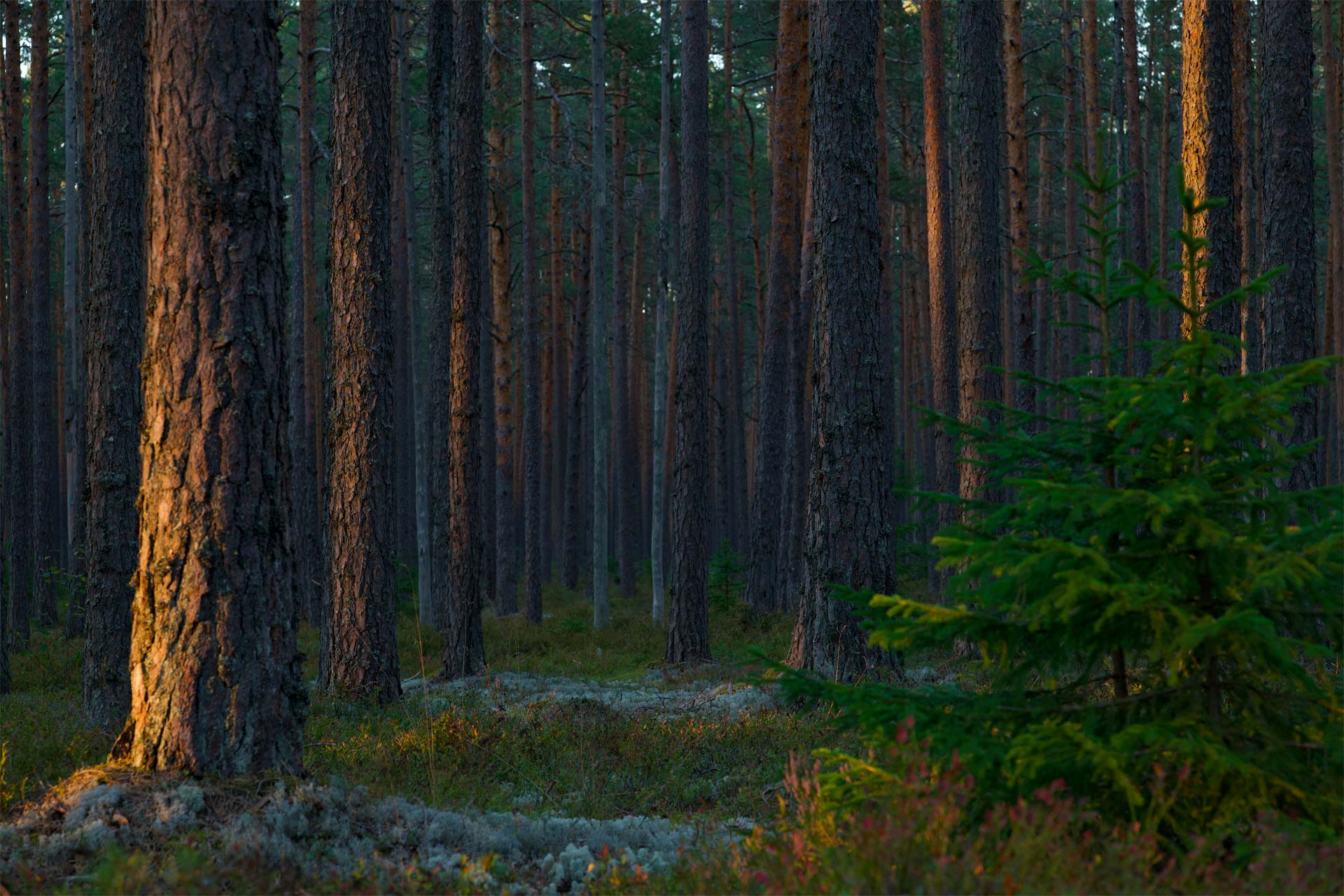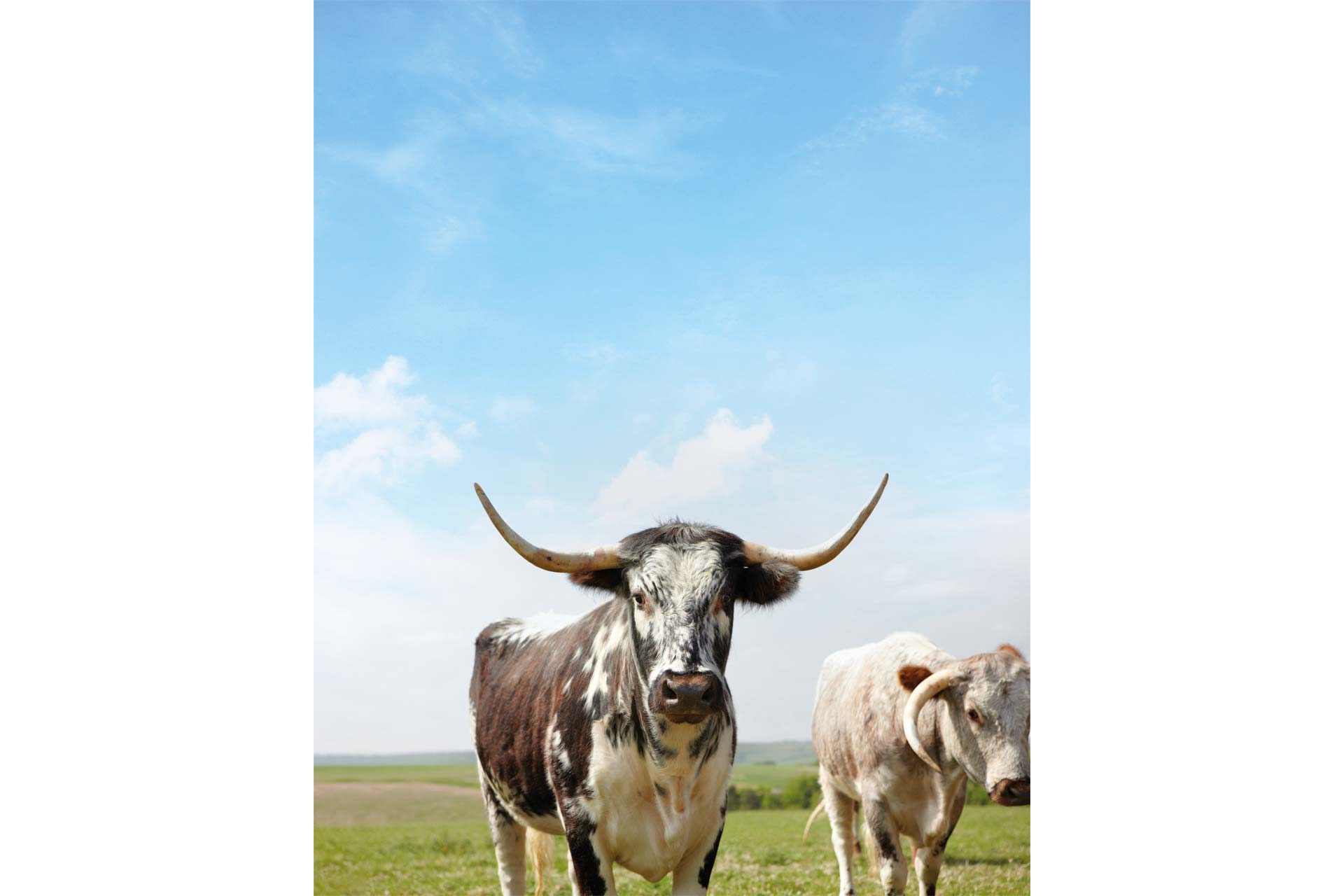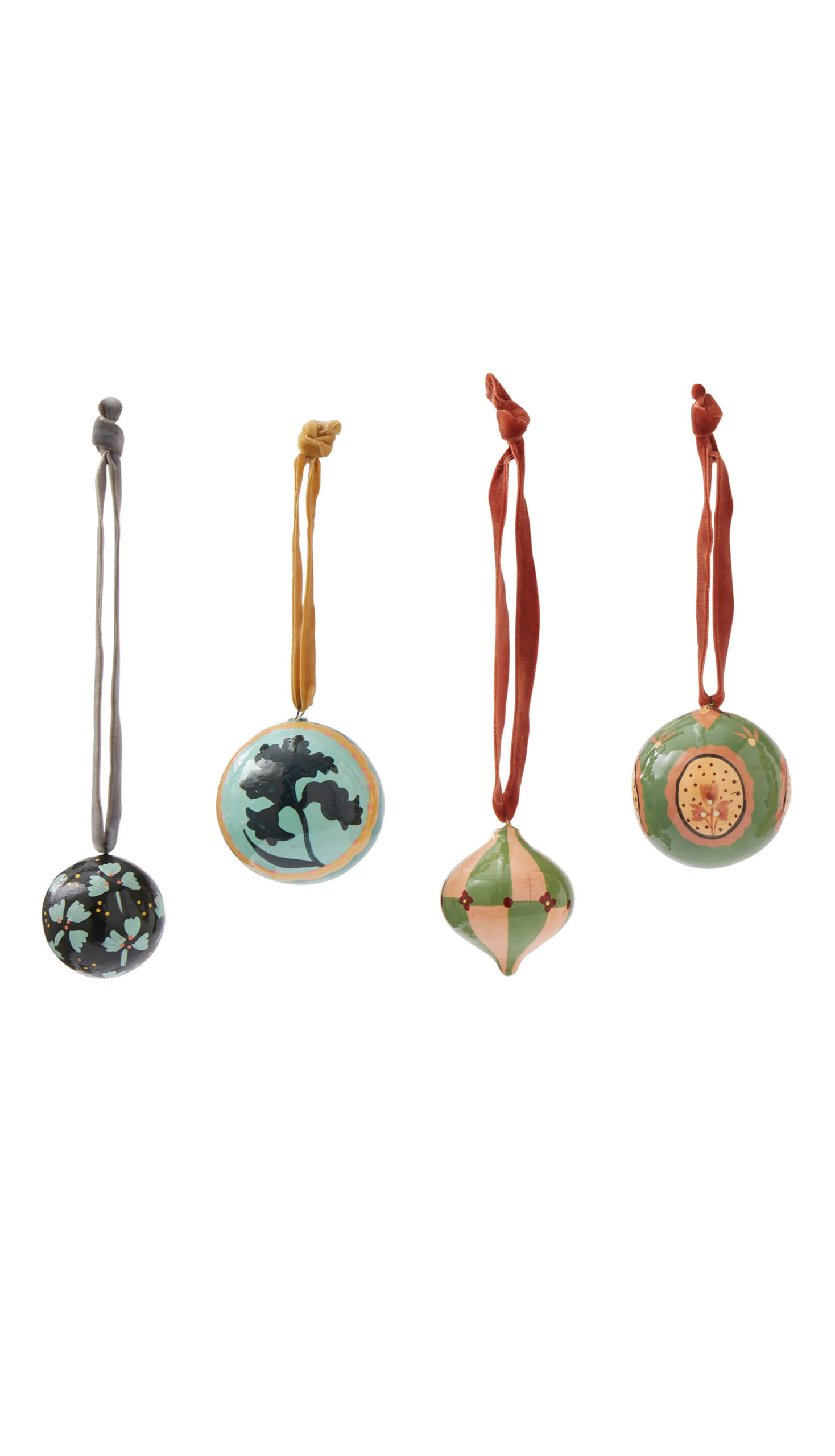Could Rewilding Solve Britain’s Biodiversity Problem?
By
2 years ago
Bring back the beasts, says Ben Goldsmith

Our nature deficit can be reversed by the return of keystone species and a spot of rewilding, argues Ben Goldsmith who, along with a number of farmers in Somerset, is following the success of the Knepp Estate by slowly dismantling systems that no longer serve neither man nor beast.
Bring Back The Beasts: Why Rewilding Might Save Britain
I am lucky enough to live at Cannwood, at the centre of a growing inkblot of nature restoration on farms in Somerset’s Brewham Valley that are working to restore a long-gone hunting forest known as Selwood. This great forest was never that of our collective imagination: a kind of dense, dark closed-canopy affair. Selwood was, in fact, a vast mosaic wood pasture, not so different from the wildwood that blanketed nearly all of Britain in pre-history. Selwood was converted into the patchwork quilt of neon green fields and neatly clipped hedges we see today not so very long ago, perhaps a century or two. With it went a natural vibrancy and an abundance of wildlife that we can barely conceive of today.
Among the species lost from Selwood were Britain’s own keystone species. Keystone species are those animals who play a disproportionately vital role in maintaining ecosystems, and on which therefore all the other species depend. In the same way that each arch of a medieval bridge is supported by a keystone that, if removed, causes the arch to collapse, it is now understood that the balance of ecosystems also hinges upon the activities of certain species that create so-called trophic cascades that bring exponential benefits to everything else.
Principal among the keystones of Selwood were the native horned cattle belonging to the people living and farming here, who turned them out to roam freely across an unenclosed landscape. Horned cattle are descended from the fearsome wild ox or aurochs that may have survived in the wild in Britain until at least Roman times. The browsing, grazing and trampling of these large herbivores prevents the darkness of the tree canopy from closing over the landscape, instead engineering semi-open woodland punctuated by sun-dappled glades and meandering grazing lawns in which wildflowers, berry-laden scrub and small fruit trees may flourish.

The native horned cattle free-roams at Selwood
A second keystone was the pig, herded domestically for millennia, and its untamed, curious, sensitive, social cousin the wild boar, which lives in matriarchal family groups known as sounders. These are nature’s gardeners, whose incessant rootling and turning of the ground exposes the bare soil for the benefit of plants whose seeds require open ground for germination. All kinds of plants have disappeared from our landscapes in the absence of this rootling; from delicate, annual grasses and wildflowers such as poppies and scarlet pimpernel, to trees such as black poplar, aspen and sallow – from which the word Selwood is derived. Many songbirds too depend on pigs to access bugs and other food in the earth, and all kinds of fungi and microorganisms are propagated through the landscape by pigs.
A third is the beaver, hunted to extinction in Britain by the middle ages. By building dams, beavers create strings of pools that have the appearance of gently ascending Japanese rice terraces. These beaver-made wetlands and wet woodlands, sunlit by the felling of trees, are one of the lushest, most naturally abundant habitats we have in our country. Finally, and perhaps most importantly, the wolf is our own apex predator, whose hunting maintains healthy populations of wild herbivores, keeps their numbers in check, and keeps the herds on the move. To some extent humans have usurped the wolf, whose role we do our best to fulfil, poorly it turns out, as deer numbers continue to grow out of control.
Our big idea here in Selwood is inspired by Knepp, a big former industrial farm on poor land in Sussex whose owners, Charlie Burrell and Isabella Tree, exasperated by years of economic losses, took the decision two decades ago to embark on a grand experiment: rewilding. Charlie and Isabella’s plan was to allow natural processes and self-willed wood pasture to return across all of their farm. Without any fixed outcomes in mind, they turned out native, domestic proxies for the keystone species.
They chose hardy breeds that can live outside all year round without supplementary feeding. Old English longhorn cattle were used in place of aurochs; Tamworth pigs for wild boar; and Exmoor ponies for Europe’s
long-extinct wild horse, the tarpan. Red and fallow deer were added to the mix. At Knepp, all these rewilded animals are free to roam where they like, eat what they like, sleep where they like.
Across the entire landscape a shape-shifting wood pasture has grown up, rich in scrub and in wildflowers, a mosaic of habitats that teems with wildlife in an abundance that we are unused to seeing in Britain today. Isabella’s bestselling book, Wilding, charts the astonishing recovery of nature through rewilding that is unfolding at Knepp, and the surging return of species that are disappearing almost everywhere else in Britain: turtle doves, nightingales, white storks, kingfishers, all five British species of owl and countless other species are present in unfathomable numbers. Populations of insects and small mammals are sky-rocketing, and with them everything that depends on them for food. Most astonishingly, Knepp has never been so profitable.
Here in Selwood, farmers in our growing cluster are ripping out fencing and field drains, filling in ditches, opening up gaps in hedges and replacing their sheep and commercial cattle with free-roaming Old English Longhorns equipped with NoFence collars that respond to an invisible, moveable boundary. A re-emergent wood pasture, now so rare in Britain, is beginning to shine all around us. Surveyed moth, butterfly, bird and bat numbers are rising fast. Beavers are back, and on dark summer nights glow-worms hang once again suspended in iridescent patterns over their pools.
If nature is wealth, Britain ranks among the poorest countries on Earth. We can barely conceive of the magic and natural abundance that was known by previous generations. Thankfully, public demands are now growing for the restoration of nature and rewilding, on which we depend for everything we have and everything we do. In December 2022, Britain joined the nations of the world in pledging to restore 30 percent of our land to natural health and 30 percent of our sea by 2030. Our national parks and other less agriculturally productive landscapes, which contribute a minuscule proportion of our national food production, are the obvious areas in which to centre these efforts. And it is families that have farmed these landscapes for generations who are best placed to lead them.
Farming communities are in many ways the soul and the backbone of our country. In our least productive landscapes, and especially within our national parks, their hordes of sheep have become hopelessly non-viable in economic terms, unable to provide a decent living. As the average age of sheep farmers creeps ever higher, their take-home income creeps ever lower. In sheep farming, there are now no winners, only losers. In landscapes dominated by sheep the ruination of nature has gone hand in hand with economic and social decline.
The role of native horned cattle as a keystone species offers us a kind of silver bullet in these places. The dramatic recovery of nature through rewilding can go hand-in-hand with continued, albeit reduced, food production and the breathing of new economic life into our remoter landscapes. The switching from non-native sheep to native horned cattle will give us swathes of restored wood pasture, currently so rare in Britain. Landscapes like Selwood can once again play host to an extraordinary array and abundance of wildlife, of the kind that we have simply forgotten can exist here. Once you’ve visited a place like Knepp, or now Selwood, and have experienced for yourself a wall of birdsong so intense that it feels overwhelming, everywhere else seems colourless and silent by comparison.
God is an Octopus by Ben Goldsmith (£20, Bloomsbury) is out now.
Featured image from Pexels, by Lauri Poldre.


















